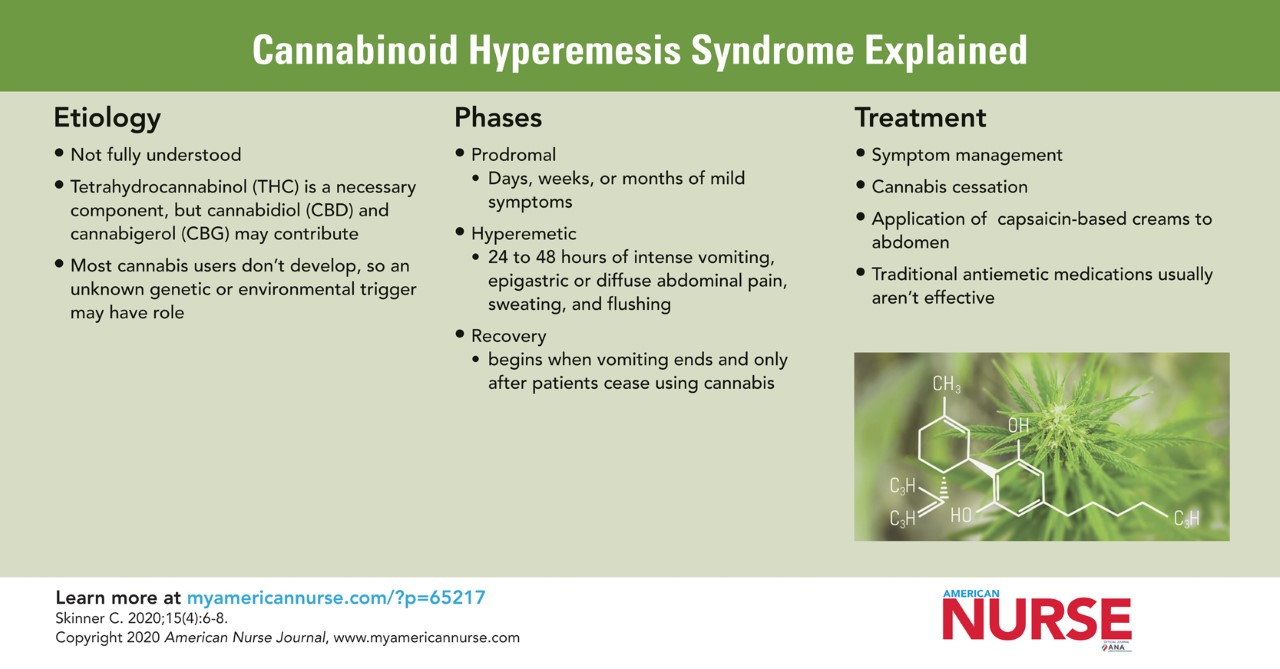
Symptoms of rheumatoid arthritis are a result of the body's immune system attacking its own tissues, causing inflammation. The linings in the joints and on other parts of the human body are affected. This can result in pain, loss or balance, joint damage and disability.
Treatments of RA often aim to reduce or eliminate joint inflammation and bone loss. They also keep you mobile without any pain. These include nonsteroidal anti-inflammatory (NSAIDs), steroids, and disease-modifying (DMARD) antirheumatic medications.
NSAIDs reduce inflammation in the joints. Over-the-counter and prescription versions are available, but the prescription version contains a stronger dose that requires less dosage throughout the day. They can also cause high blood pressure that can increase your risk of heart attacks and strokes.
Steroids can be given as a shot into an inflamed joint or taken by mouth. These steroids reduce pain and inflammation, but can also cause weight gain, muscle weakness and bone loss. They can also worsen diabetes, raise blood pressure, and increase the risk of infection.

Methotrexate (an anti-inflammatory drug) can be taken to reduce or prevent joint damage. It can be taken alone or in combination with other drugs like hydroxychloroquine or leflunomide.
DMARDs reduce your immune system. They can also slow the progress of RA and decrease symptoms like swelling, stiffness and fatigue. They come in a variety of forms, including conventional synthetic DMARDs, targeted synthetic DMARDs and biological DMARDs.
Sativex for rheumatoid arthritis is a cannabis-based medicine that contains delta-9-tetrahydrocannabinol (THC) and cannabidol (CBD). Patients with RA found that Sativex reduced their pain, inflammation, and sleep.
THC and CBD act on the CB1 brain receptors to induce feelings of relaxation and euphoria. It has also been proven that they inhibit the activity neuropeptides which trigger the symptoms associated with rheumatoid arthritis.
The drugs can be used to treat neuropathic symptoms, which are common in people with RA or other inflammatory diseases. One study on 58 RA-patients found that a Sativex dose, or equivalent oral dosage of marijuana, improved stiffness, sleep quality and pain in RA patients.

This study was the first to compare a cannabis-based medicine with an anti-inflammatory drug for the treatment of rheumatoid Arthritis. Multiple sclerosis sufferers have also reported that it improved their pain and symptoms.
Sativex can be taken by mouth or sublingually. It contains THC as well as CBD, both of which are natural compounds found in marijuana.
It's made by GW Pharmaceuticals. A company that manufactures medications for multiple sclerosis (MS) and other illnesses. It is sold in Europe and America.
Sativex contains THC, CBD and other naturally occurring marijuana compounds. It has also shown anti-inflammatory qualities and can prevent the progression of RA.
FAQ
What CBD products sell the most?
CBD products can be found all over these days. They are used for pain relief and anxiety. The market is big and growing fast.
But what are people buying CBD oil for? How does this impact you as a brand manager?
Statista reports that CBD products have relaxing properties. They can also be used to treat inflammation.
This means that you can sell your product for both medicinal and recreational purposes if it has CBD and THC.
But what about brands which are focused on just one purpose? It won't be able to compete if it sells CBD for pain relief.
Additionally, a brand that focuses solely on CBD for medical purposes will enjoy a large customer base.
If a brand wishes to reach recreational users, they must create a unique selling point (USP). A USP simply means a distinctive feature or benefit that differentiates a brand's competitors.
For example, certain brands offer free shipping. Others offer discounts for bulk orders.
Are CBD companies worth the investment?
The answer to this question depends on what you are looking for. If you are looking for a way to make some money, yes. But, if the goal is to help people, then no. Because there are other ways you can do it without spending $20k.
Is CBD growing?
The answer is yes The answer is yes! Legalization will continue to spread across North America, and this growth will continue. This year alone, Canada legalized recreational cannabis use, while several states have passed medical marijuana laws.
This trend will likely continue for at least another decade as more states pass legislation allowing access to medicinal marijuana.
Economically, legalizing marijuana makes economic sense. Legalizing pot has many other advantages, including a new market that is lucrative for farmers.
It could, for example, help lower crime rates by decreasing the availability of illegal drug. It could also provide a source of tax revenue for governments.
As legal marijuana is more popular, people may be less likely to smoke. This would reduce hangovers and increase health care costs.
Chronic pain sufferers may find that marijuana can actually improve their quality of life. Many believe that THC, which is the active ingredient of marijuana, can help relieve muscle spasms and nausea from chemotherapy.
Finally, marijuana might become a valuable tool for treating mental illnesses such as depression and anxiety. According to some studies, marijuana can be used to treat schizophrenia.
The CBD industry is on the rise, and there are many obstacles in its path.
Is CBD still a viable alternative?
Yes. The answer is no, not because of its medicinal benefits, but because it helps people feel better without getting high.
People who want an alternative to prescription medications will love the fact that you don't feel any different after you use it.
And as we know from studies, there is a lot of evidence showing that cannabis helps with pain relief, anxiety, depression, insomnia, and many other conditions.
Cannabinoids in cannabis interact with our brains. This interaction can produce feelings of relaxation, well-being, and even a sense of well-being.
It is essential to learn about CBD oil and its effects if you want to use it for health reasons.
Statistics
- CBD seems unlikely to directly influence sleep in healthy humans [115] (and maybe “sleep-promoting” in those with certain comorbid conditions) (ncbi.nlm.nih.gov)
- HR −16 mmHg; 95% CI −26, −6; I2 = 92%) (ncbi.nlm.nih.gov)
- however, one study also found that these effects were virtually abolished when the original media (a nutrient broth agar) was replaced with one containing 5% blood (increasing the minimum concentration to ~160 μM CBD) [179]. (ncbi.nlm.nih.gov)
- A recent study [161] also found that in vitro CBD treatment (i.e., ≤ 2 h exposure to 10 μM) induced ~40% vasorelaxation in isolated (pre-constricted) (ncbi.nlm.nih.gov)
- The inhibition of FAAH is predicted to lead to an increase in brain and plasma concentrations of AEA, which acts as a partial agonist at CB1R and CB2R, thereby increasing endocannabinoid tone [92, 110]. (ncbi.nlm.nih.gov)
External Links
How To
What are the issues that the CBD industry faces?
The current market for CBD products is growing at an incredible rate. However, there are still many challenges facing businesses looking to enter this space. These include a lack of consumer awareness, high cost of entry, limited access to capital, and regulatory uncertainty.
Many consumers don't understand what CBD is and how it works. This means that consumers are unable make informed decisions about purchasing CBD products.
CBD companies are heavily dependent on word-of–mouth marketing. This is expensive as they must pay advertising costs and to hire staff to market their brand.
High production costs are another problem facing new entrants in the CBD industry. High prices are a major problem for CBD products because of the high cost of raw materials. To make CBD oil, hemp must be grown in certain climates and soil types.
Grow enough hemp to produce CBD oil requires approximately $1,000 per annum. Because of this, many small farmers are unable to afford to grow enough hemp for CBD oil.
A lack of capital access is another issue that new entrants will face in the CBD marketplace. Banks discourage many people from starting a business because of the stigma attached to this industry.
Final, there are regulatory uncertainties surrounding the sale CBD products. There are no established guidelines regarding the marketing of CBD products.
Although states have passed laws restricting CBD products sales, these policies are not yet national.
Only Nevada, Maine, and Nevada have legalized recreational pot.
However, some states like Massachusetts and Michigan are considering similar measures.
These changes could lead to increased competition between CBD manufacturers.
These factors are why many entrepreneurs prefer to work from home than open a physical store.